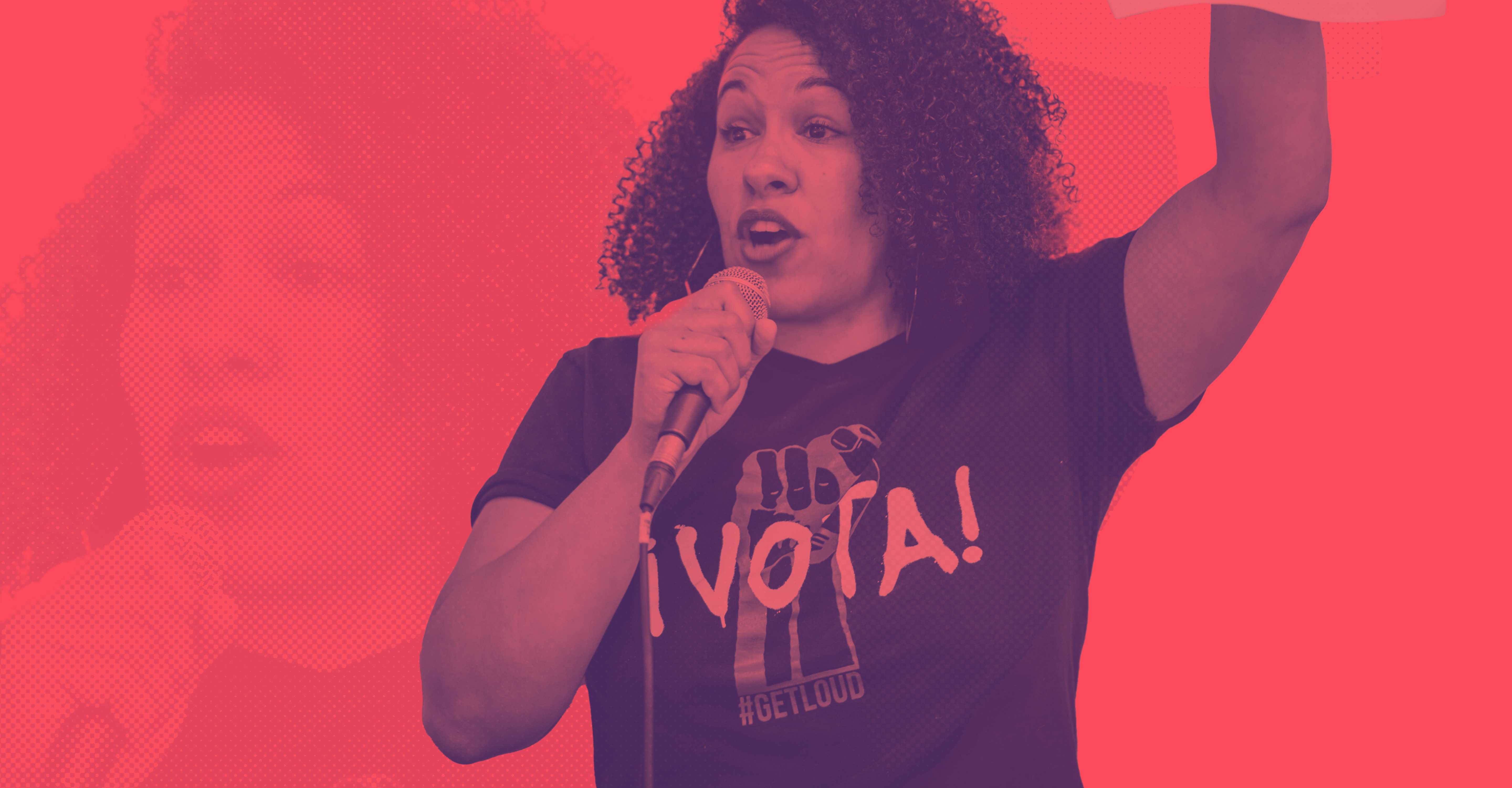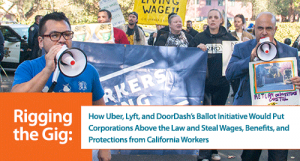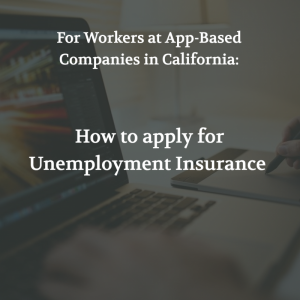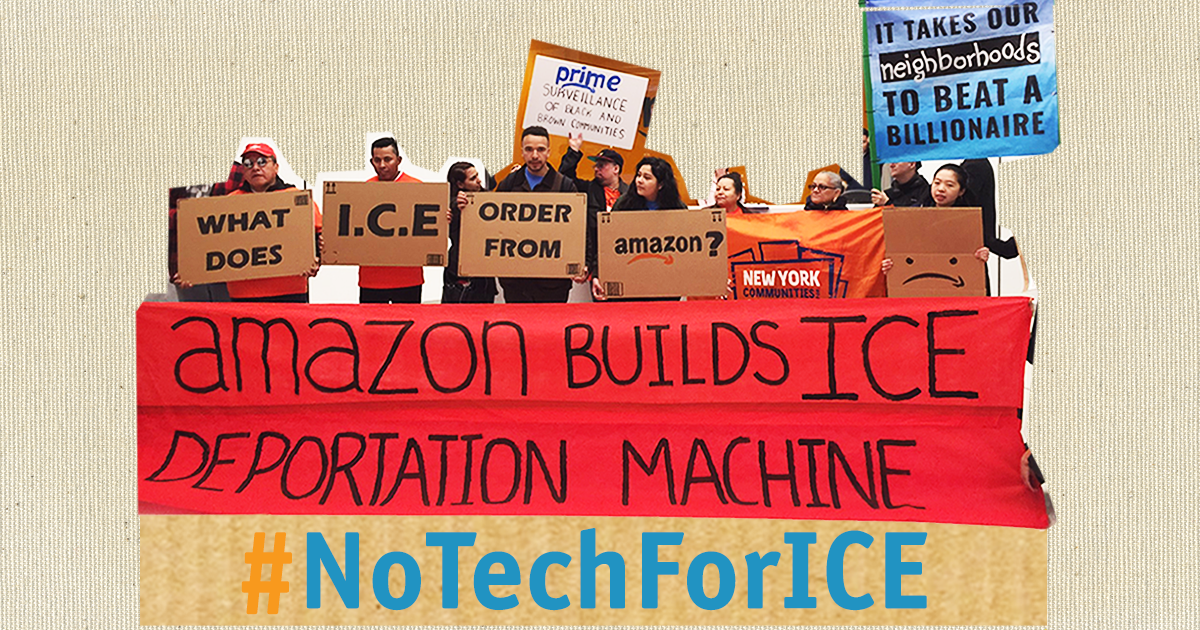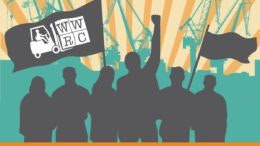This week, the California Supreme Court ruled that delivery drivers at a company called Dynamex are employees and entitled to wage and working condition protections under California law. The Court proscribed a new, simpler test for employment classification in California, called the “ABC standard,” which starts with the presumption that someone hired for work is an employee and places the burden on the hiring party to establish that the worker is an independent contractor.
By placing the burden on the company to prove that their worker is an independent contractor, the Court provides an important opportunity for workers, including Uber and Lyft drivers, to assert their rights to basic employment standards and protections. The ruling stands in stark contrast to the approach of many state legislatures, which Uber and Lyft have aggressively lobbied with remarkable amounts of money, to rewrite employment laws in favor of independent contractor status for transportation network company drivers. These changes to the law remove any opportunity for workers to assert their rights to basic employment standards and protections.
The California Supreme Court’s ABC test asks whether (a) the worker is free from control and direction of the hirer in connection to the performance of the work, (b) the worker performs work that is outside the usual course of the hiring entity’s business, and (c) the worker is customarily engaged in an independently established trade, occupation, or business. If the hirer fails to prove any one of these factors, then that is sufficient to show that the worker is an employee, rather than an independent contractor, and entitled to the protections of California’s wage orders, which set standards for minimum wages, maximum hours, and basic working conditions (including meal and rest breaks). The court provided the example of when a retail store hires an outside electrician to install a new electrical line, the services of the electrician are not part of the store’s usual course of business and the electrician would not reasonably be seen as an employee. But, when a bakery hires cake decorators to work on a regular basis on its custom-designed cakes, the workers are part of the hiring entity’s usual business operation and can reasonably be viewed as employees.
Across the country, Uber has bought out state legislatures and essentially written its own ticket, resulting in an unsafe, deregulated environment for drivers, passengers, and the public. Other gig economy employers are following suit — lobbyists for the company Handy have pushed legislation in eight states that would prevent employees who work for an online marketplace or platform from being treated as employees. The California Supreme Court’s ruling sets a strong example of a state not bending its democracy and employment standards for corporations.
